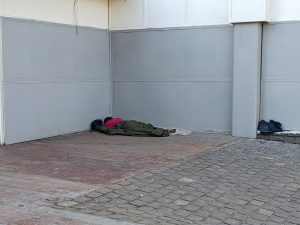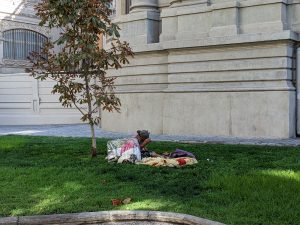

Homelessness is pervasive in many parts of the world, including South America. This region, which includes countries such as Brazil, Uruguay, Chile and Argentina, has many people living on the streets or in unstable living situations. The problem of homelessness in South America is complex and multi-faceted, with a range of social, economic, and political factors contributing to its persistence.
One of the primary drivers of homelessness in South America is poverty. Many people in this region struggle to make ends meet, with limited access to education and job opportunities. This is particularly true in rural areas, where poverty rates are higher than in urban areas. People who cannot earn enough money to support themselves and their families may turn to the streets as a last resort.



Another factor contributing to homelessness in South America is the lack of affordable housing. In many cities, housing costs have risen significantly in recent years, making it difficult for low-income families to find suitable accommodation. As a result, many people are forced to live in slums or on the streets, exposed to various health and safety risks.
The problem of homelessness in South America is also exacerbated by politics, social and cultural factors. For example, in some countries, a stigma is associated with homelessness, making it difficult for people to access support services. Additionally, many people who are homeless in South America suffer from mental health issues or substance abuse problems, which can make it challenging for them to reintegrate into society.
In conclusion, the problem of homelessness in South America is a complex issue that requires a multi-faceted approach. Addressing poverty, improving access to affordable housing, and addressing social and cultural factors are all essential components of a comprehensive strategy to combat homelessness in the region. It is critical that governments and communities work together to develop and implement effective policies to ensure that everyone has access to safe, stable, and affordable housing.